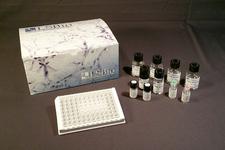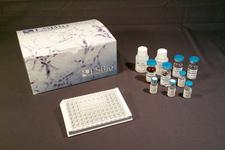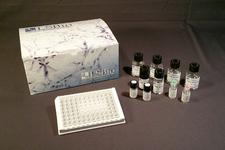order histories, retained contact details for faster checkout, review submissions, and special promotions.
Forgot password?
order histories, retained contact details for faster checkout, review submissions, and special promotions.
Locations
Orders Processing,
Shipping & Receiving,
Warehouse
2 Shaker Rd Suites
B001/B101
Shirley, MA 01464
Production Lab
Floor 6, Suite 620
20700 44th Avenue W
Lynnwood, WA 98036
Telephone Numbers
Tel: +1 (206) 374-1102
Fax: +1 (206) 577-4565
Contact Us
Additional Contact Details
order histories, retained contact details for faster checkout, review submissions, and special promotions.
Forgot password?
order histories, retained contact details for faster checkout, review submissions, and special promotions.
LPAR1 / LPA1 / EDG2
lysophosphatidic acid receptor 1
The integral membrane protein encoded by this gene is a lysophosphatidic acid (LPA) receptor from a group known as EDG receptors. These receptors are members of the G protein-coupled receptor superfamily. Utilized by LPA for cell signaling, EDG receptors mediate diverse biologic functions, including proliferation, platelet aggregation, smooth muscle contraction, inhibition of neuroblastoma cell differentiation, chemotaxis, and tumor cell invasion. Two transcript variants encoding the same protein have been identified for this gene
| Gene Name: | lysophosphatidic acid receptor 1 |
| Family/Subfamily: | GPCR , Lysophospholipid/Lysosphingolipid |
| Synonyms: | LPAR1, EDG-2, EDG2, Gpcr26, Rec.1.3, Vzg-1, Ventricular zone gene 1, LPA receptor 1, LPA-1, LPA1, Mrec1.3, VZG1 |
| Target Sequences: | NM_001401 NP_001392.2 Q92633 |
Publications (3)






If you do not find the reagent or information you require, please contact Customer.Support@LSBio.com to inquire about additional products in development.









